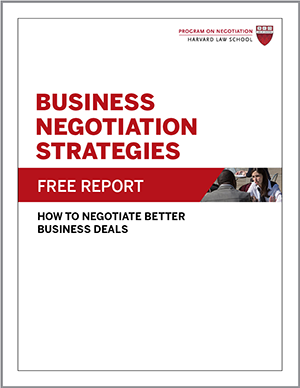
Back in 2007, unhappy with Amazon’s low, flat price of $9.99 for e-books, five major U.S. publishers negotiated a new business model for e-book pricing with Apple, which was getting ready to launch the iPad.
Under the prevailing wholesaling model, publishers sold their books and e-books to retailers like Amazon, which could then set whatever price they liked. Apple and the five publishers negotiated to switch to a so-called agency model, which would allow the publishers to set their own prices for e-books in exchange for giving Apple a 30% sales commission. After at least one of the publishers threatened to delay the release of its digital editions to Amazon unless it switched to an agency model, Amazon reluctantly agreed, and e-book prices rose across the industry to about $14.99.
The publishers and Apple claimed their goal was to increase competition in the e-book market by opening up alternatives to Amazon’s Kindle reader. But the U.S. Department of Justice accused the parties of colluding to artificially raise e-book prices. The five publishers reached a settlement with the government; Apple did not.
In U.S. district court testimony, Apple and publishing executives portrayed the publishers’ e-book discussions with Apple as a typical negotiation in which each side pushed hard for concessions. But Department of Justice lawyers argued that the publishers engaged colluded with one another through Apple. On July 10, 2013, a U.S district judge ruled that Apple and the publishers had indeed engaged in a price-fixing conspiracy that resulted in consumers paying more for e-books.
The story serves as a reminder that, in their zeal to reach a mutually beneficial agreement, negotiators often forget the importance of considering how parties away from the table—in this case, consumers—will be affected by the final outcome of their deal.






Has anyone tried to recover what might be considered over-payment for ebooks? Just recalling that my wife was extremely upset by the huge price increases – which we considered was the result of greedy publishers and Apple.